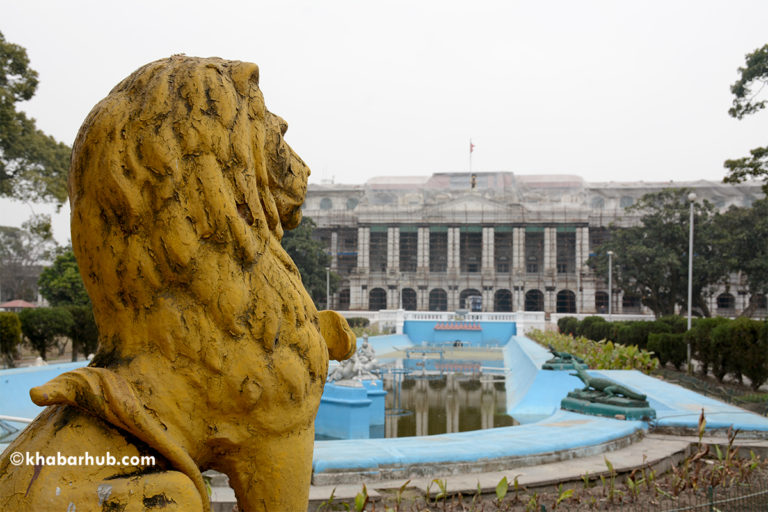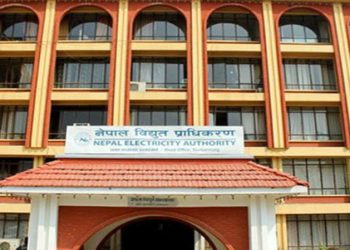KATHMANDU: With the historic achievement of the promulgation of new constitution via Constituent Assembly in 2015 and the subsequent successful three-tier elections, Nepal began full implementation of federal democratic republic.
The governments in the federal level, in seven provinces and at 753 local levels obviously brought much hope on Nepalis that the country would move ahead to economic development and prosperity with clean politics and improved bureaucracy.
However, the unexpected interparty and intra-party feuds and its impact on bureaucracy, the permanent government, in the recent years not only impeded national political development but also gave the public the space to question over national political affairs, which have direct bearing on rule of law, good governance, public accountability, administrative reform and service delivery, among others rights. Irrespective of some good practices to reach central authority from Singha Durbar to local levels, the elusive good governance is still a pressing issue.
In this connection, speakers at a program stressed the need of clean politics in Nepal, which, they argued, would help lay the foundation for good governance.
“Discipline is the key to good governance which begins from self,” Prof Krishna Khanal said, arguing that political actor, character, and his/her understanding of any affairs is equally important to build the system where rule of law and good governance can thrive.
According to him, political morality is imperative to gain public trust by any party and leaders. The senior political scientist was of the view that Nepali political leaders and parties were found unable to change themselves as per modern information technology.
“Nepal needs a clean political campaign to materialize people’s aspirations in the present changed system,” he stressed.
He expressed such views at the program on ‘Cooperation for Public Accountability and Integrity’ organized by Transparency International Nepal, and Former Government Employees’ Service Council in Kathmandu on Friday.
On the occasion, former Deputy Auditor General Ram Babu Nepal presented a working paper on ‘Discipline in Nepal’s Public Sector’ and argued that proper utilization of public resources, maintaining ethics and integrity is essential for clean image of bureaucracy and politics as well.
According to him, political, economic, social and administrative factors were behind indiscipline in bureaucracy that dents public service.
“Social recognition to individualism and nepotism, growing political interference, costly livelihood, and vague administrative process cause irregularities involving politics and bureaucracy that ultimately ruin good governance,” he underscored.
Similarly, former secretary Sharad Chandra Poudel observed that in addition to top-to-bottom, and bottom-up accountabilities, diagonal accountability could be helpful to curb irregularities where all sides including politics, bureaucracy, civil society, and aware citizen have meaningful roles. “Clash of individual interest with public service results in deviation from responsibility,” he commented.
Another former bureaucrat stressed the need of code of conduct for the Council of Ministers to curb policy level malpractices and build good governance.
Transparency International Nepal Chairperson Padmini Pradhananga said they were effortful to create an atmosphere for good governance with advocacy of clean politics and bureaucracy. Morality and ethics on political parties and bureaucracy help reduce irregularities, she said, pointing out the need of collaboration with all sides to intensify anti-corruption initiative.
Moreover, Chairperson of the Council, Madhav Prasad Ghimire, shared that the Council was preparing a draft bill on use of knowledge and skills of former government employees for the State.
Participants at the interaction expressed worry over political and bureaucratic nexus and eluding accountability which have resulted in corruption and irregularities in Nepal.









Comment